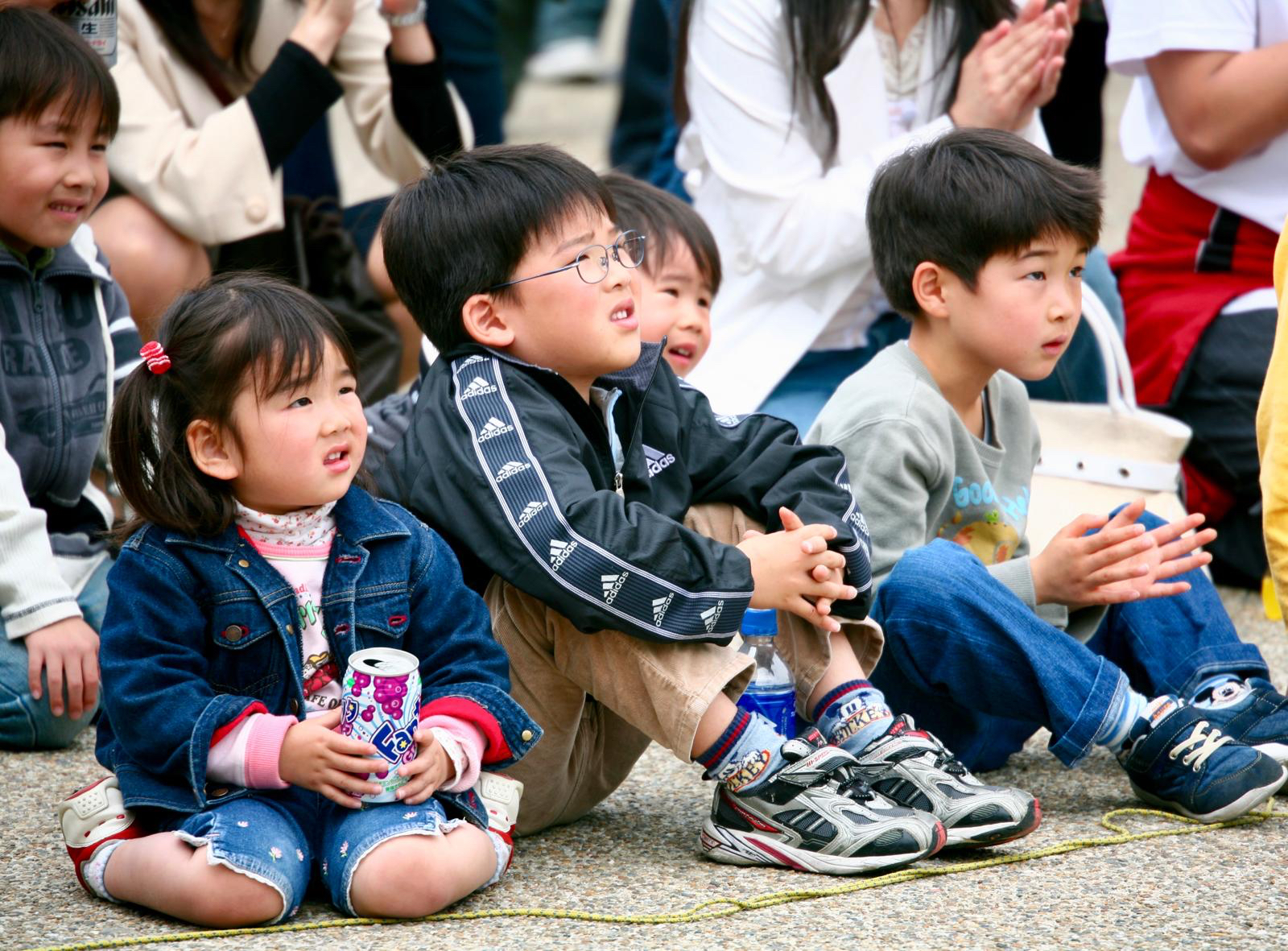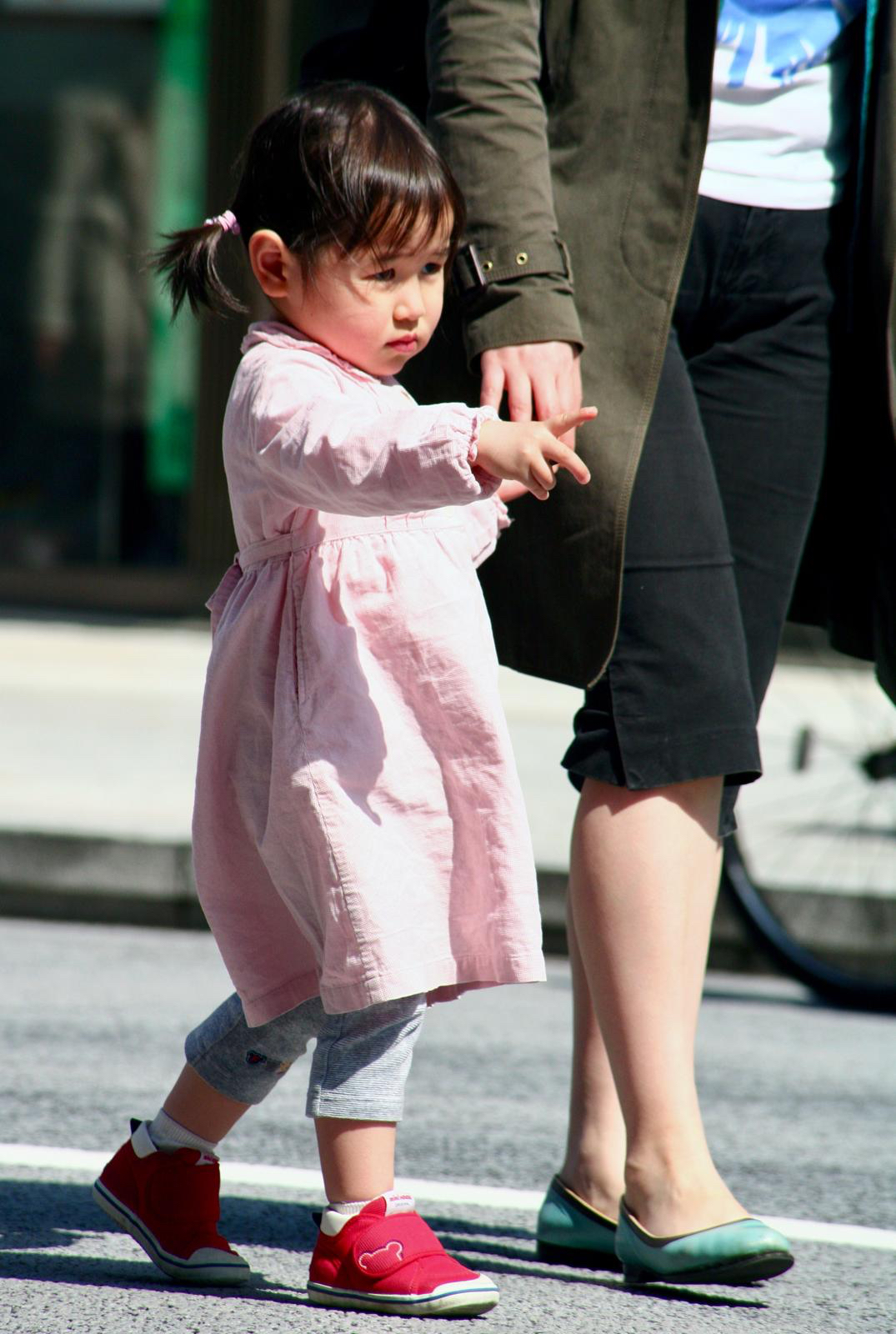Children’s Day in Korea: Tradition, Joy—and a Shrinking Generation

This year, I read in the news that Korea’s Children’s Day and Buddha’s Birthday happened to fall on the same date—May 5th. Later, I watched the Lotus Lantern Festival and saw Seoul’s streets light up for Buddha’s birthday! I couldn’t help but think of how spirituality and family seem deeply connected there.
“어린이는 나라의 보배다.”
“Children are the treasures of the nation.”
— Bang Jeong-hwan, the founder of Korea’s Children’s Day, 1920s
On May 5th, Korea bursts with joy. Families pack parks, playgrounds, zoos, and museums. Kids get presents and treats. It’s Children’s Day. A national holiday just for them. The tradition started in the 1920s, thanks to writer and children’s rights activist Bang Jeong-hwan, who believed that children should be seen not just as future adults, but as valuable individuals right now.
Living in Switzerland, I’m struck by how seriously Korea celebrates this day. We have Mother’s Day and Father’s Day, yes, but a national holiday just for children? Not really. That difference made me reflect. For a country that treasures its kids so deeply, it’s a bit heartbreaking to realize how few children are actually being born.
Fewer Children Every Year
South Korea’s fertility rate is the lowest in the world—below 0.8. That means, on average, each woman has less than one child in her lifetime. For a population to stay stable, the number should be around 2.1. The effects are already showing. Fewer young people means fewer workers, more elderly to support, and serious long-term pressure on the economy and healthcare.
Why So Few Babies?
It’s complicated. Some of the reasons are financial: raising a child in Korea seem expensive, especially when it comes to education. Many parents feel pressured to pay for private tutoring, after-school academies, and more. Then there’s housing. Prices in cities like Seoul are sky-high.
But it’s also cultural. Work-life balance is tough, especially for women. Long hours and a strict corporate culture don’t leave much time (or energy) for family life. And although times are changing, many women still feel like they have to choose between a career and motherhood. Traditional gender roles still last. Many women are expected to take on most of the housework and childcare, even if they’re working full time.
Government Support—and Even Dating Help
The Korean government is trying to respond. There are cash incentives for new parents, support for fertility treatments, parental leave, more public childcare centers, and housing support for young couples.
And here’s something I didn’t expect: there’s even financial support for dating. Some local governments are organizing blind dates and offering small subsidies for young singles to socialize and meet potential partners. Yes, the situation is that serious.
This year’s Children’s Day was even more special because it fell on the same day as Buddha’s Birthday, a major public holiday in Korea. Seeing kids with balloons alongside people carrying lotus lanterns felt symbolic. A beautiful mix of joy, tradition, and hope. Maybe it’s just a coincidence, but I found myself hoping it’s also a good sign. Maybe young couples will start to see family life not as a burden, but as a blessing again.

A Global Trend—But Not Without Hope
It’s not just Korea. Low birth rates are becoming a reality in many parts of the world, especially in richer, urbanized societies. Sweden, Switzerland, Japan, Italy… the list goes on. So Korea’s not alone, but it does seem to be at the extreme end.
Other countries show that financial support alone isn’t enough. What really helps, it seems, is making it easier for people to combine work and family life. Without burning out. It’s also about shifting social expectations: sharing parenting roles more equally, respecting different life choices, and making family feel possible, not pressured.
A Day of Celebration and Quiet Reflection
Children’s Day is about happiness. It’s a time to celebrate the energy, laughter, and curiosity that children bring into our lives. But in a country where fewer and fewer babies are born each year, it’s also a time to pause and think.
What kind of future are we building? And how can we create a society where people feel encouraged—not afraid—to raise children?
Korea clearly loves its children. The challenge now is to make it easier for more people to imagine themselves as parents. Because every joyful Children’s Day starts with someone choosing to believe in the future.
How about this article?
- Like19
- Support1
- Amazing0
- Sad0
- Curious0
- Insightful0


